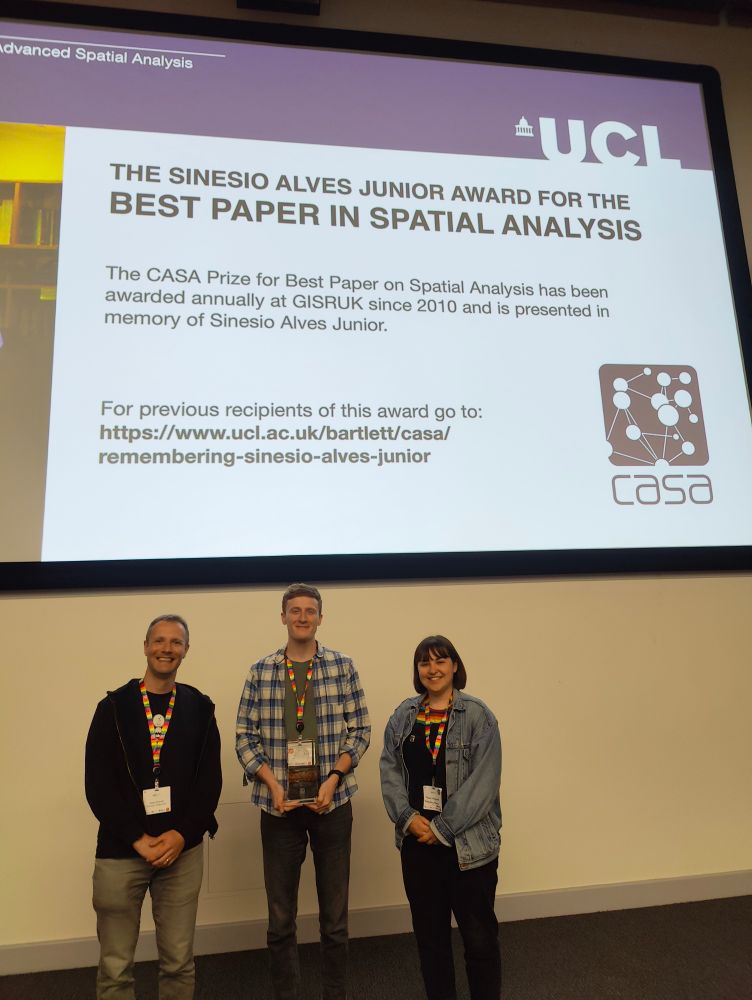Laura Sheppard
@laurahsheppard.bsky.social
65 followers
86 following
8 posts
Quantitative Human Geographer. Research Fellow at AQA. Honorary Research Fellow & PhD from @casaucl.bsky.social. Research interests in socio-spatial inequalities, geography, gender & educational inequalities, and food bank use (she/her)
Posts
Media
Videos
Starter Packs
Reposted by Laura Sheppard
TIBG
@tibg.bsky.social
· May 13

Transactions of the Institute of British Geographers | RGS Journal | Wiley Online Library
Research on gender in higher education frequently focuses on either micro- or macro-scale factors, such as power relations and working practices, or disciplinary norms and the educational ‘pipeline’....
doi.org


